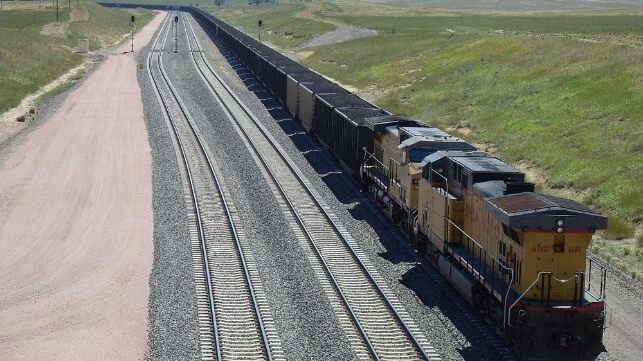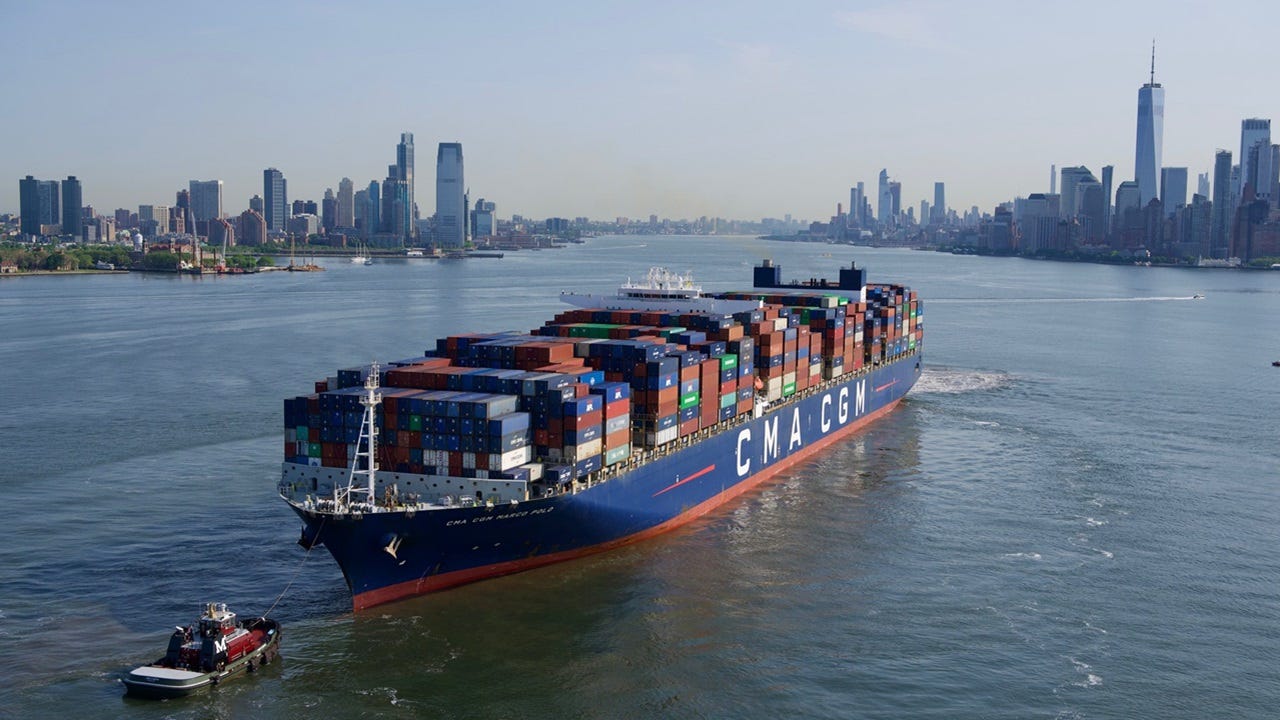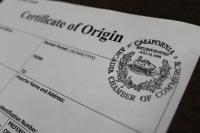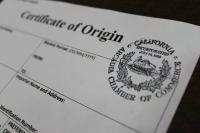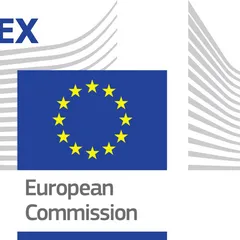WHAT IS FREIGHT PREPAID IN SHIPPING?
Freight prepaid is a general shipping term used when the seller or the shipper of goods pays the freight charges to the shipping line for transporting the goods to the buyer’s specified location.
WHAT IS FREIGHT PREPAID IN SHIPPING?
Freight prepaid is a general shipping term used when the seller or the shipper of goods pays the freight charges to the shipping line for transporting the goods to the buyer’s specified location.
This term is very closely connected to ‘Free on Board (FOB) Destination, Freight Prepaid’ which means that the shipper pays all freight charges on the cargo until it is delivered to the customer’s premises.
In this case, the ownership and responsibility of the goods remain with the seller until it is delivered to the customer.
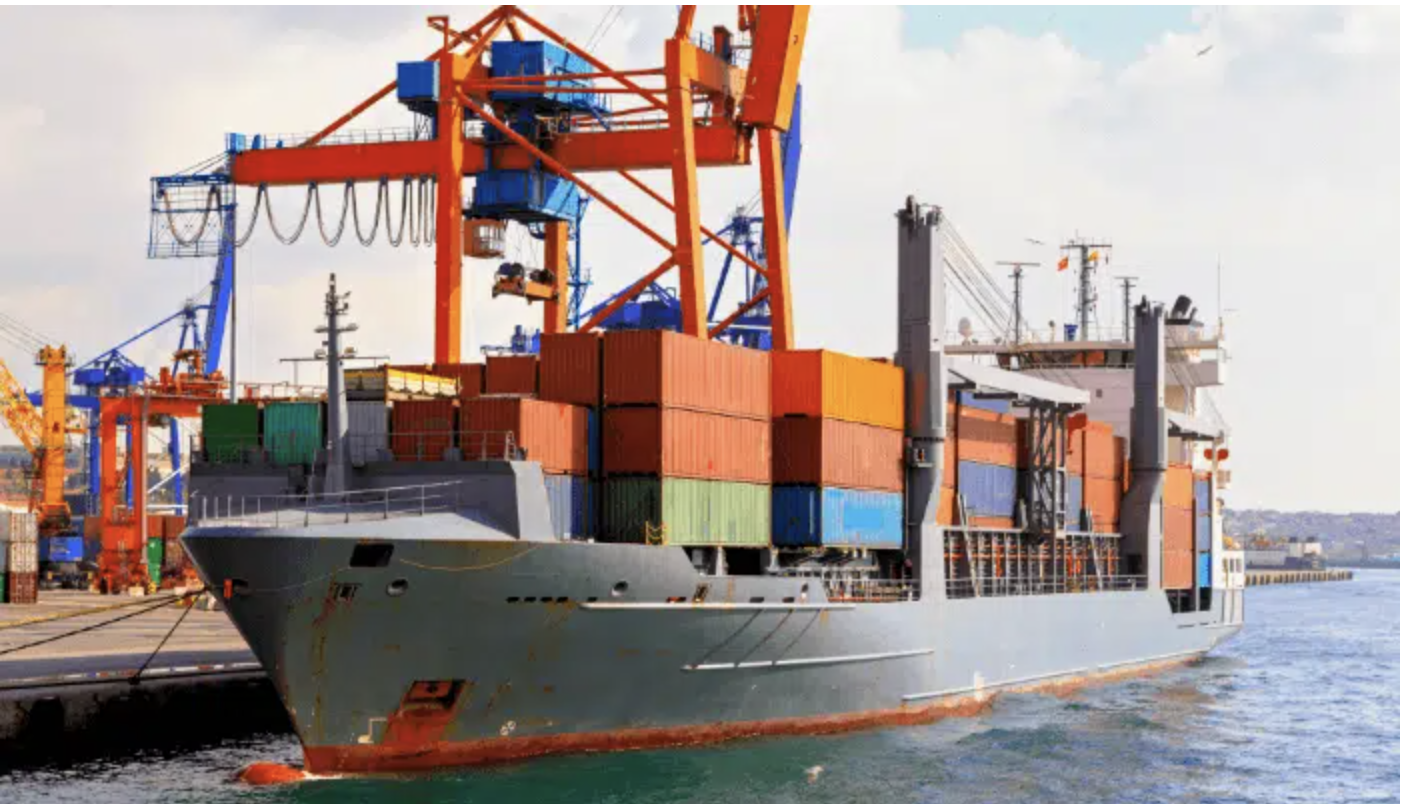
Another term ‘FOB Origin, Freight Prepaid’ is used when the ownership of the goods passes on to the customer at the point of origin, when it is given to the carrier for transport and freight charges have been paid.
The term ‘FOB’ is thus used to specify the point at which the ownership passes from the seller to the customer.
The term ‘Cost, Insurance, Freight’ (CIF) is also a freight prepaid arrangement where the seller bears the cost, insurance, and freight of the goods.
Source: Maritime Law by Hari Menon

